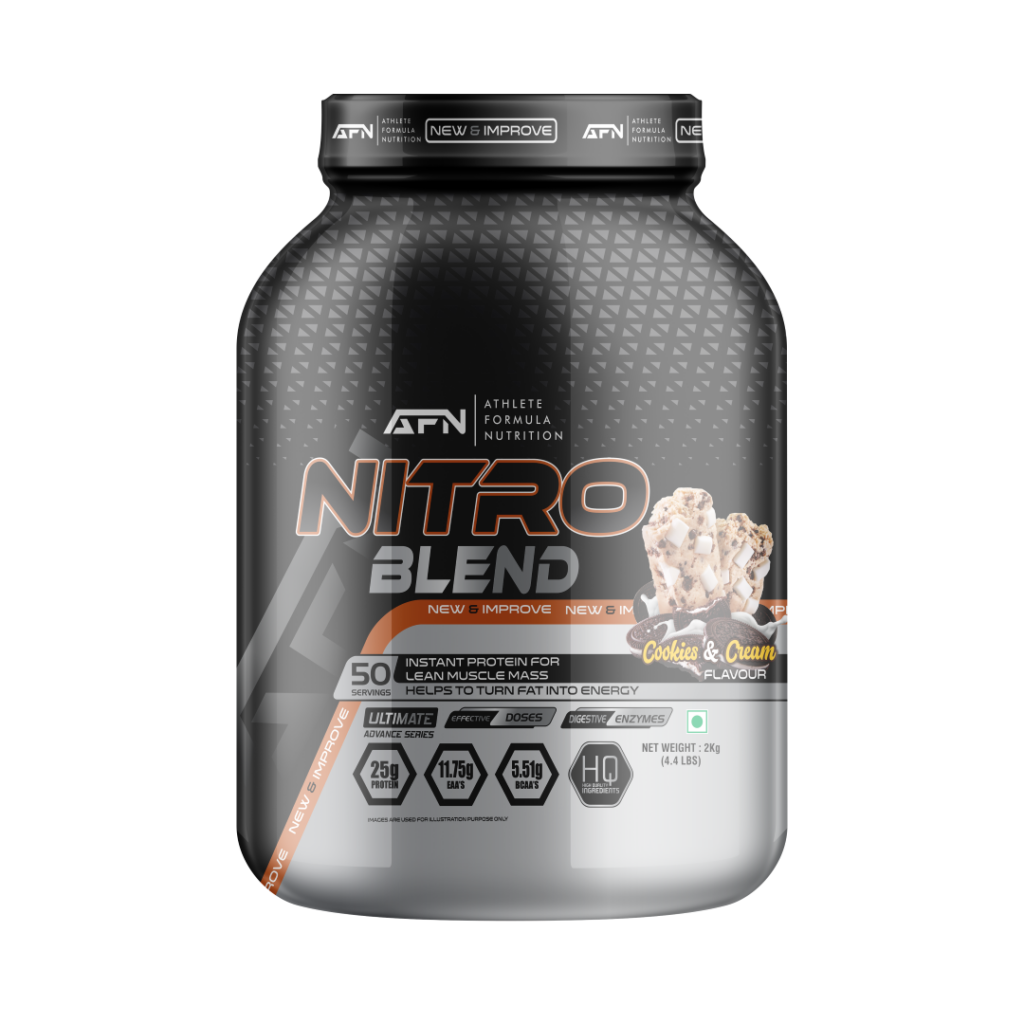The Importance of Nutrition for Athletes
Athletes are known for their impressive physical abilities and endurance, and behind their remarkable performance lies a well-balanced and carefully planned diet. Nutrition plays a vital role in an athlete’s overall performance, as it affects their energy levels, recovery, and overall health. In this article, we will explore the athlete’s formula for nutrition, diving deep into the key components that make up an optimal diet for athletes.
Fuel Your Performance: The Energy Macronutrients
Fueling your body for optimal performance begins with the right balance of macronutrients. These are the three main nutrients that provide energy to the body: carbohydrates, proteins, and fats.
Carbohydrates are the primary fuel source for athletes as they provide quick energy. Including complex carbohydrates like whole grains, fruits, and vegetables in your diet can ensure a steady release of energy during prolonged physical activities. It is recommended for athletes to consume around 45-65% of their daily caloric intake from carbohydrates.
Proteins play a crucial role in muscle repair, growth, and recovery. Athletes must consume sufficient protein to support tissue development and repair after intense workouts. Sources of high-quality protein include lean meats, poultry, fish, eggs, dairy products, beans, and legumes. The recommended protein intake for athletes ranges from 0.5 to 0.8 grams per pound of body weight.
While fats are often given a bad reputation, they play an essential role in an athlete’s diet. Healthy fats, such as those found in avocados, nuts, seeds, and olive oil, provide long-lasting energy and aid in the absorption of fat-soluble vitamins. Athletes should aim to include around 20-35% of their daily caloric intake from healthy fats.
Micronutrients for Optimal Performance
Micronutrients, including vitamins and minerals, are equally important for athletes to maintain optimal performance. Although required in smaller amounts, these nutrients are responsible for numerous physiological and metabolic processes that impact an athlete’s performance.
Vitamins and minerals act as co-factors for enzymatic reactions, helping convert food into energy. Additionally, they are involved in muscle contraction, oxygen transport, and immune function. A balanced diet that includes a variety of fruits, vegetables, whole grains, and lean proteins can provide athletes with an adequate supply of micronutrients.
Key micronutrients that athletes should pay attention to include:
– Iron: Necessary for oxygen transport and red blood cell production. Sources include lean meats, seafood, spinach, and legumes.
– Calcium: Essential for bone health and muscle contraction. Sources include dairy products, leafy green vegetables, and fortified foods.
– Vitamin D: Aids in calcium absorption and plays a role in immune function. Sun exposure and fortified dairy products can be good sources of vitamin D.
– B-vitamins: Responsible for energy metabolism and red blood cell production. Sources include whole grains, meat, poultry, fish, and leafy green vegetables.
Hydration: The Key to Performance and Recovery
Proper hydration is essential for athletes to perform at their best and avoid dehydration, which can lead to reduced performance and increased risk of injuries. Water is the primary source of hydration, but electrolytes and carbohydrates are also vital for optimal performance.
Athletes should consume adequate fluids before, during, and after exercise to replace the water lost through sweating. The American College of Sports Medicine recommends athletes drink around 16-20 ounces of fluid a few hours before exercise and 8-10 ounces every 15 minutes during physical activity.
Electrolytes, such as sodium, potassium, and magnesium, are essential for fluid balance, nerve function, and muscle contractions. Consuming sports drinks or electrolyte-rich foods can help replace these minerals lost through sweat during intense exercise.
Including carbohydrates in your post-workout hydration routine is crucial to replenish glycogen stores and facilitate muscle recovery. Consuming a carbohydrate-rich snack or beverage within 30 minutes of exercise can help optimize recovery and enhance future performance.
Timing and Individualization
While understanding the macronutrient and micronutrient composition of an optimal athlete’s diet is crucial, it is equally important to personalize the diet based on individual goals, preferences, and training demands. The timing of meals and snacks can significantly impact an athlete’s performance and recovery.
Pre-workout meals should be consumed 2-4 hours before exercise to provide enough time for digestion and energy release. These meals should include a balance of carbohydrates, proteins, and healthy fats to supply sustained energy throughout the workout.
For athletes with early training sessions or those requiring quick energy, a small snack rich in carbohydrates can be consumed 30-60 minutes before the exercise. Examples include a piece of fruit or a granola bar.
Post-workout nutrition is crucial for recovery and muscle repair. Consuming a meal or snack that includes a combination of carbohydrates and protein within 30-60 minutes after exercise can aid in glycogen replenishment and promote muscle protein synthesis.
Conclusion
In conclusion, nutrition is a critical component in an athlete’s formula for success. A well-balanced and individualized diet that includes the right balance of macronutrients and micronutrients can fuel performance, support recovery, and optimize overall health. By incorporating the necessary nutrients, staying hydrated, and timing meals appropriately, athletes can unlock their full potential and achieve their goals. Remember, nutrition is the key that unlocks the athlete’s full potential.


